Climate conversations belong at your table
Talking about climate can be an important part of Thanksgiving meals and hangouts. We've got some tips to make it productive, a little easier—and absolutely inspiring.

![]() Cities play a unique and critical role in reducing greenhouse gas emissions. Half the world lives in cities and over 80% of Americans do. Cities are responsible for 70% of global carbon emissions. Hence, strategies to reduce urban emissions are essential to solving the climate crisis and cities will play a vital role in achieving the carbon reduction targets required to keep the earth at a viable temperature. In this pathway, we chronicle how American cities are reducing climate pollution by investing in energy efficiency, local distributed renewable energy, electricity grid innovation, and clean transportation.
Cities play a unique and critical role in reducing greenhouse gas emissions. Half the world lives in cities and over 80% of Americans do. Cities are responsible for 70% of global carbon emissions. Hence, strategies to reduce urban emissions are essential to solving the climate crisis and cities will play a vital role in achieving the carbon reduction targets required to keep the earth at a viable temperature. In this pathway, we chronicle how American cities are reducing climate pollution by investing in energy efficiency, local distributed renewable energy, electricity grid innovation, and clean transportation.
What are the top strategies for cities to reduce greenhouse gas emissions?
Cities have policy and programmatic tools to reduce greenhouse gas emissions, especially in the areas of capping emissions, energy supply, building energy efficiency, and transportation. Tokyo, Japan and Shenzhen, China pioneered local systems to cap and price carbon emissions. Berlin, Germany and Minneapolis, MN are partnering with their energy utilities to clean up their electricity supplies, while Sonoma County, CA and Westchester County, NY are negotiating for cleaner, cheaper electricity on behalf of their residents.
Lancaster, CA requires that all new rooftops come equipped with solar panels or have access to solar energy. Fifteen cities and one county across the U.S. require that commercial building owners report their energy use on an annual basis, as a tool to increase market awareness and valuation of building energy performance.
Policies that encourage urban density with robust transportation options and affordable housing set the framework for low-carbon communities. Finally, electrification of vehicles, buses, trucks, and equipment – especially in regions that have low- or no-carbon electricity—can be a crucial strategy to reduce the use of oil in transportation.
What is carbon neutrality, and how do cities achieve it?
A city on the path to carbon neutrality is one that aims to power its buildings, transportation, and other energy-consuming activities without fossil fuels. In the words of the Carbon Neutral Cities Alliance, achieving carbon neutrality “requires transformative rather than incremental approaches,” with a roadmap for long-term and deep reductions in the building, energy, and transportation sectors.
In 2011 the City of Seattle commissioned a study of potential pathways to achieve its carbon neutrality goal, and in 2015 the Carbon Neutral Cities Alliance published a framework for cities on long-term deep carbon reduction planning.
It is essential that cities consider how prospective strategies add up to overall climate goals, how to achieve those goals in partnership with the private and nonprofit sector, and how to fund implementation in context of budget constraints. The Urban Clean Energy Revolution provides a detailed compendium of best practices in these areas. The climate crisis requires that urban governments and their partners embrace these actions at a greater scale and with more urgency than ever before.
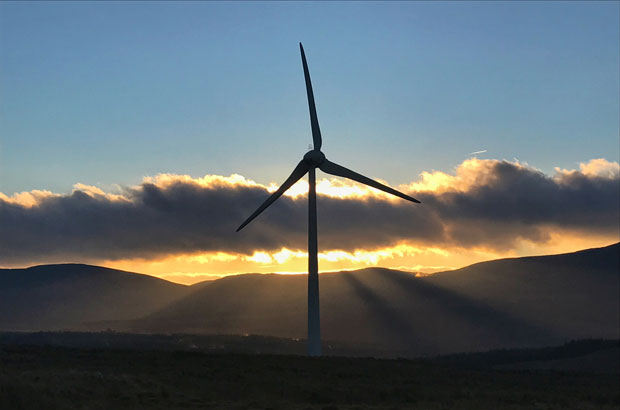
President Trump’s EPA wants to nullify states’ ability to set their own standards on tailpipe pollution—an action that would impact not only California but all other states working to address global warming. How can our work make a difference when the federal government is trying to roll back progress that even Ronald Reagan defended decades ago, and that many automakers now want to keep on the books?
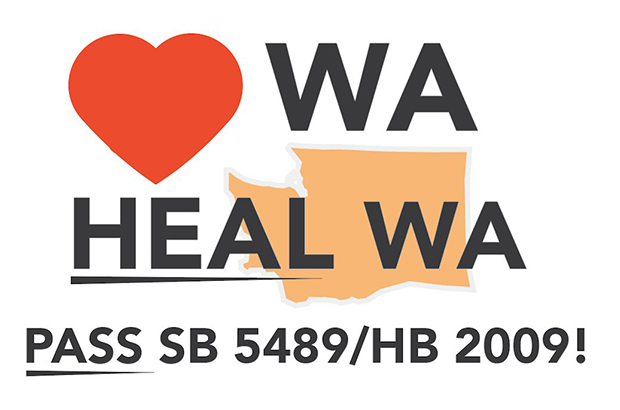
When it comes to environmental pollution, protection should not depend on complexion.
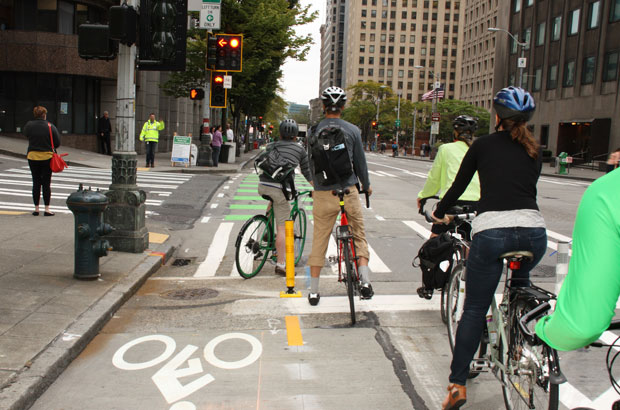
As Seattle discovered, "viadoom" wasn't so doomy after all, as many would-be drivers simply left their cars behind more often. Do we really need such a fossil fuel-focused transportation system, when it compromises not only our personal safety, but our climate safety as well?
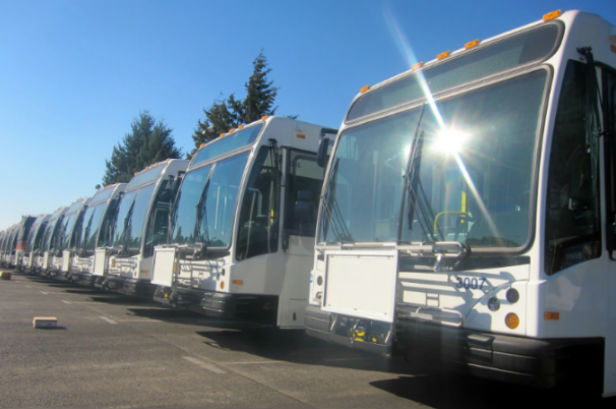
Milwaukie, OR has joined with Portland and Multnomah County, calling for transit agency TriMet to kick diesel and rapidly electrify their bus fleet! These local governments are ordering up clean air and climate stability, by paving the way to a 100% clean energy future.
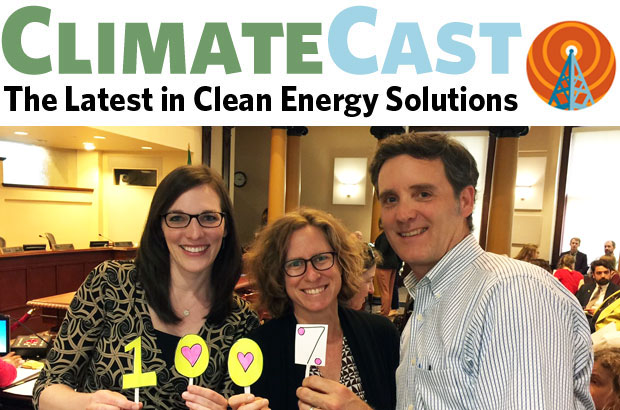
Oregon's clean fuels standard and numerous communities' commitments to 100% clean energy show that our region is gaining momentum for climate action.
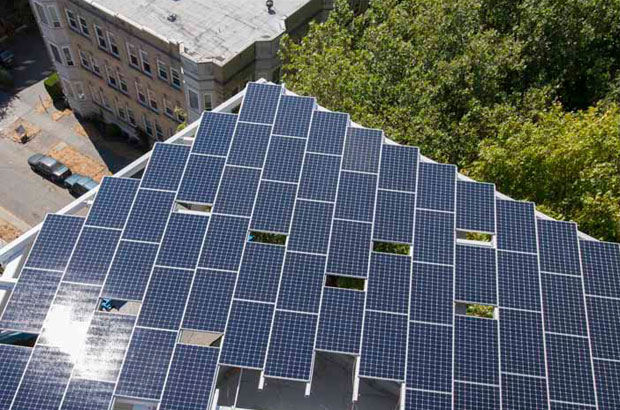
We can dramatically cut carbon emissions simply by making our buildings more comfortable, cost-effective and efficient. Why haven't decades of energy efficiency programs accomplished more?
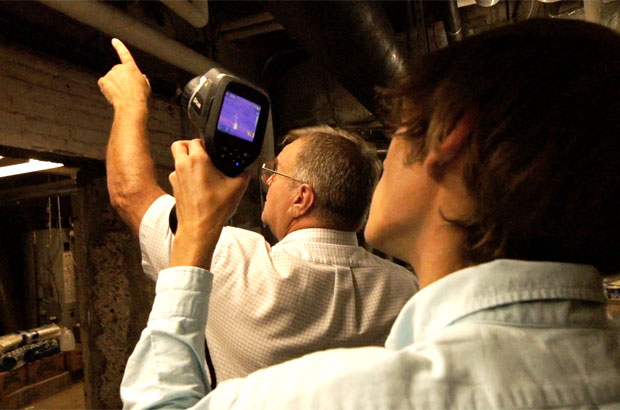
The City of Portland is accepting comments on a draft policy to measure the energy efficiency of homes, as part of a long-term strategy to increase energy efficiency, reduce homeowner costs, and to curb a major source of carbon emissions.
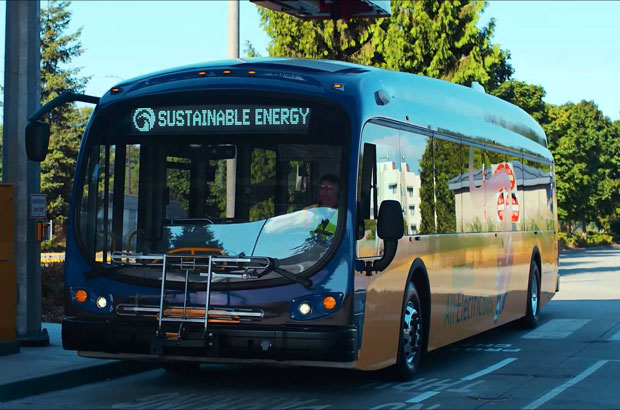
Last Monday, the King County Council unanimously passed a resolution sponsored by Councilmembers Dembowski and Kohl-Welles requesting a report on transitioning Metro to a zero emission or carbon neutral fleet. This is an exciting step in electrifying King County Metro’s substantial fleet, which includes over 1,500 buses that depend on diesel.
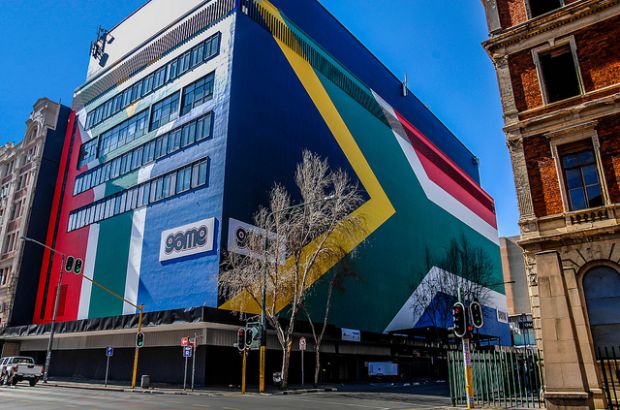
The past five years have brought a sea change in urban climate action: increased awareness of the critical role that local leaders play in carbon reduction; new capacity in local governments to tac
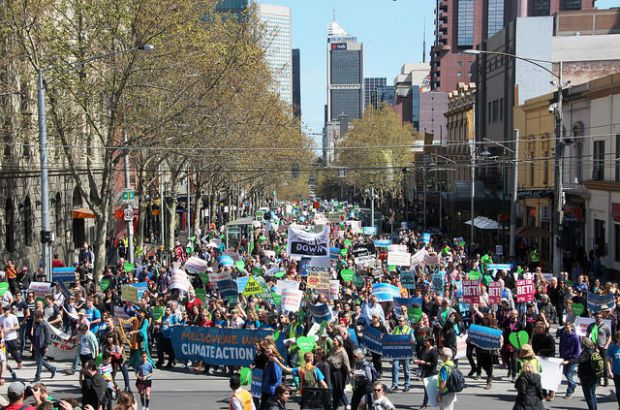
Cities are reducing climate pollution by investing in energy efficiency, renewable energy, electricity grid innovation, and clean transportation.
Join our email list to learn about what we do and how to get involved.
Talking about climate can be an important part of Thanksgiving meals and hangouts. We've got some tips to make it productive, a little easier—and absolutely inspiring.
President Trump’s EPA wants to nullify states’ ability to set their own standards on tailpipe pollution—an action that would impact not only California but all other states working to address global warming. How can our work make a difference when the federal government is trying to roll back progress that even Ronald Reagan defended decades ago, and that many automakers now want to keep on the books?
When it comes to environmental pollution, protection should not depend on complexion.
As Seattle discovered, "viadoom" wasn't so doomy after all, as many would-be drivers simply left their cars behind more often. Do we really need such a fossil fuel-focused transportation system, when it compromises not only our personal safety, but our climate safety as well?
Milwaukie, OR has joined with Portland and Multnomah County, calling for transit agency TriMet to kick diesel and rapidly electrify their bus fleet! These local governments are ordering up clean air and climate stability, by paving the way to a 100% clean energy future.
Oregon's clean fuels standard and numerous communities' commitments to 100% clean energy show that our region is gaining momentum for climate action.
We can dramatically cut carbon emissions simply by making our buildings more comfortable, cost-effective and efficient. Why haven't decades of energy efficiency programs accomplished more?
The City of Portland is accepting comments on a draft policy to measure the energy efficiency of homes, as part of a long-term strategy to increase energy efficiency, reduce homeowner costs, and to curb a major source of carbon emissions.
Last Monday, the King County Council unanimously passed a resolution sponsored by Councilmembers Dembowski and Kohl-Welles requesting a report on transitioning Metro to a zero emission or carbon neutral fleet. This is an exciting step in electrifying King County Metro’s substantial fleet, which includes over 1,500 buses that depend on diesel.
The past five years have brought a sea change in urban climate action: increased awareness of the critical role that local leaders play in carbon r